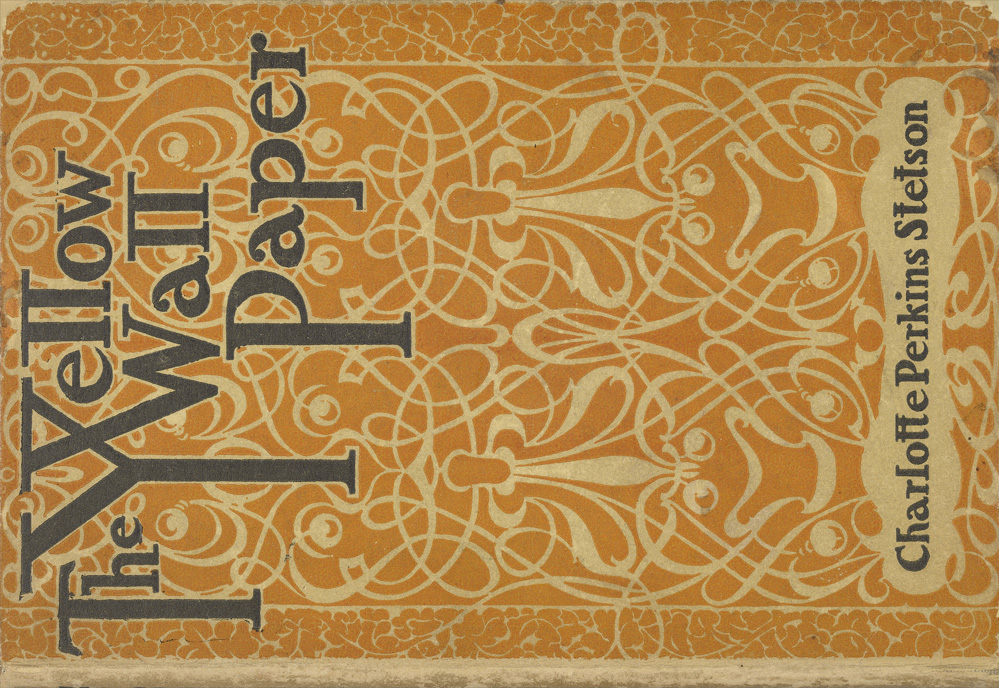Posted inShort stories
Mental Health and Self-Agency: Themes In ‘The Yellow Wallpaper’ by Charlotte Perkins Gilman
The Yellow Wallpaper (1892) by Charlotte Perkins Gilman is a short story about a woman's descent into madness because her doctor husband downplays her mental illness. The story is also…







